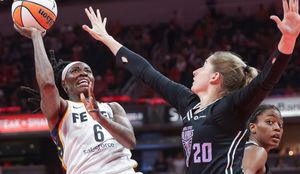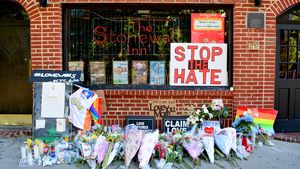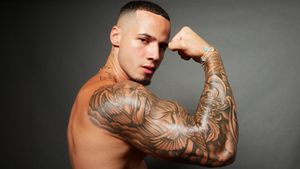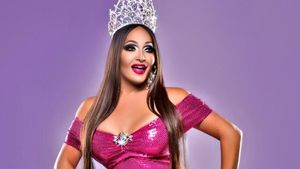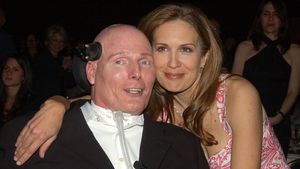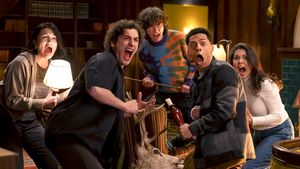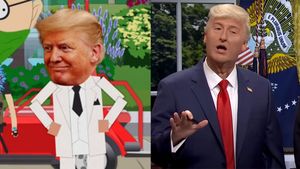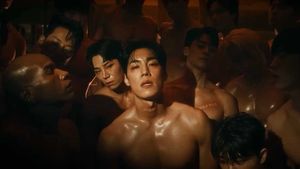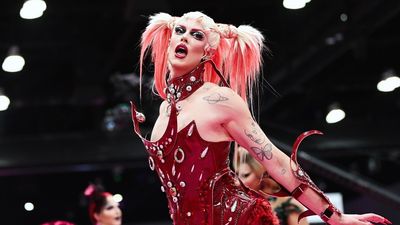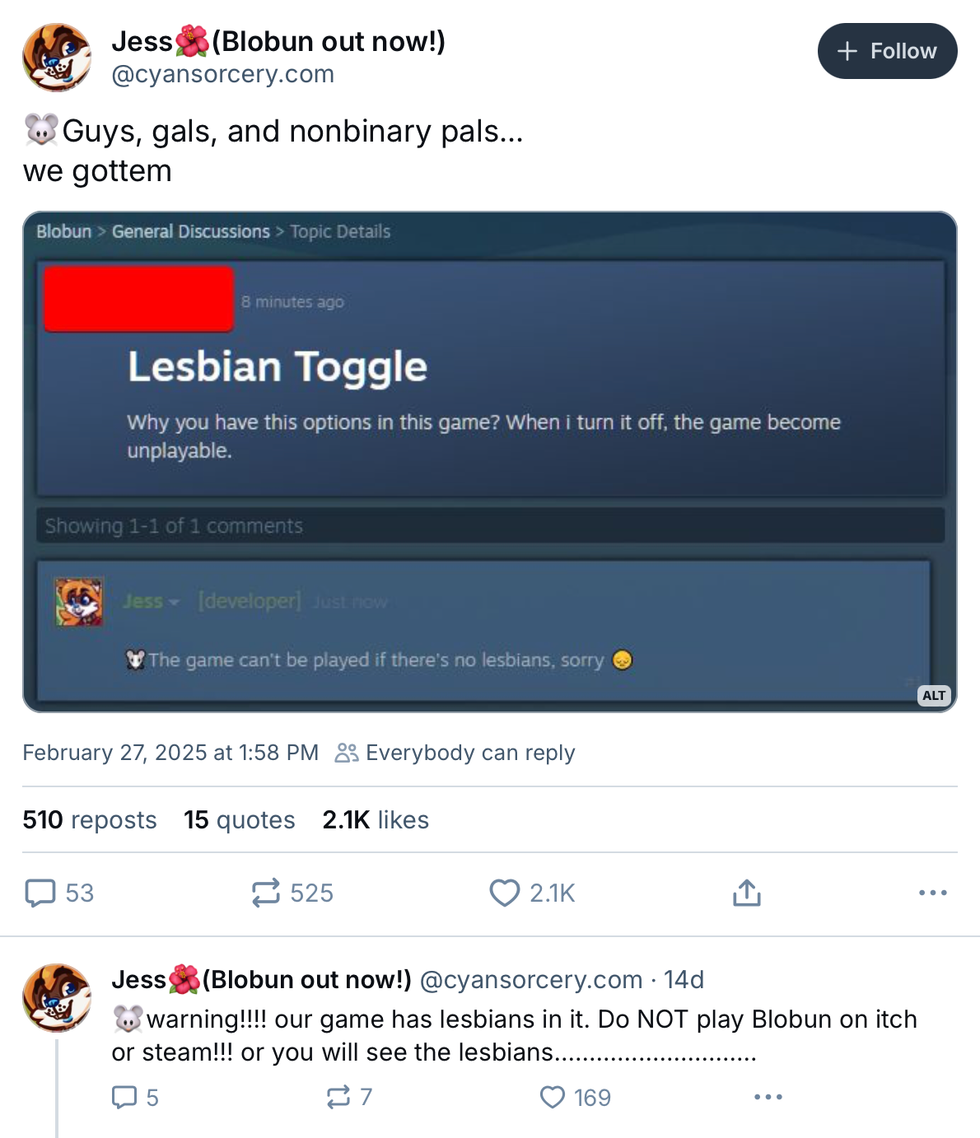Indie comic darling Brandom Graham did a bad. There’s long been grumblings of his not so awesome habits, and when someone in the industry finally put down their foot and let out a warning that Graham wasn’t a safe guy to be around, especially for female creators and especially those in the trans community, he snapped and created a "Diss Comic," that dragged multiple creators, mainly minority woman for...well, it actually wasn’t entirely clear exactly what Graham was upset about. Succeeding without him? Not talking to him about his own abusive behaviors? Not being so thankful for opportunities they would never again speak against him?
Graham has since released a public apology, but even if he was entirely sincere (and only time and the people he’s hurt will be able to judge that) he has revealed a huge issue in comics. An issue that, sadly, isn't a new one. In our current political climate, Graham is just one in a legion of many who are becoming aware of their privilege only as it starts to finally be wrestled away from them. The wave of backlash against progress forward is smothering our country, and comics are not unaffected.
But comics have always been a place for counter culture to thrive, and a tool for those whose voices aren’t heard. See, comics are a strange field. Anyone with a pencil and a piece of paper can make a comic, technically. That doesn’t mean it’s easy (far from it), but it has a low entry point for technological need, financial needs, and, while someone with no true talent will flop, comics are a unique medium where many kinds of talents can find success. Some of the best written comic writers have...less than stellar art. Many of the best artist couldn’t write a line of dialog. Comics are beautiful place for many voices to come together to make a beautiful whole. This has long made the medium a powerful tool to explore and share stories a mainstream audience would otherwise never see.
Step away from the blockbuster superheroes of Marvel and DC and you will find stories about everything and anything under the sun. Small voices can make a big impact...but they can also be easily taken advantage of by those with less-than-savory wants. In a field with so many stories, and so much talent, everyone is waiting for someone to notice them. And unfortunately, with those doing the noticing, great responsibility doesn’t always follow great power. The whole field leaves a soft, fuzzy line between personal and professional. Between comic conventions (where celebrating and doing business is a slippery slope), to the end product (by its nature being a piece of the creators heart and soul), it can be a hard place to draw lines (no pun intended). It shouldn’t be.
We talked with Taneka Stotts, a powerful force in comics who is using her power for good. Stotts has worked on multiple popular web comics, including Full Circle, Love Circuits, and the Eisner-nominated Déjà Brew. She has also funded and edited multiple minority-focused anthologies, using crowd funding to side step the pitfalls of traditional publishing for minority creators.
PRIDE: What can the industry do to make things better for minority creators?
Taneka Stotts: First, it can actually start by being more welcoming and actually inclusive of voices that aren't from a whitewashed narration. Allowing creators of color to actually be considered equal to their non-POC counterparts. To actually focus on letting them tell stories that aren't derived from trauma, slavery, or just plain stereotypes. Finally, to stop promoting their false commitments towards diversity. What they seek is merely profit, and at the end of the day when they do zero for our communities and their own creators, it sends a message loud and clear about how they really see and find no value in us.
In contrast, what can the readers do to make things better for minority creators?
Be aware of the conversations happening around you. Actively speak up and out for creators of color. Actively work to change the tables where these conversations are taking place and the space in which they are held. And for creators of color, do not feel apologetic for your stories, go forward and claim your fantasies and don't ask permission.
What are the risks and causes of friction minorities may be facing as they enter this creative area?
Usually the old guard refusing to budge. The way that they lash out and are quickly forgiven by their non-POC defenders and friends. Don't let those people try to sway you and don't sacrifice who you are to placate them. Leave them at the door along with those abusers and realize that you can create your own spaces that do not need their permission to thrive.
Creativity is one of the fields in a unique position where the line between social and work can easily become muddled, both in social media and the work they create. What responsibilities and etiquette does that bring to someone maneuvering that field?
Fuck civility, I'm tired! The only etiquette that I extend is toward people who are literally not trying to kill me, and those who don't sit on the side lines and play "devil's asshole." I do mean "advocate," but the two are mutually exclusive at this point in time. Your responsibilities only lie with yourself and the truth. However, that's not a pass to ignore if your work or voice is unintentionally destroying or dismissing someone. Be aware of your surroundings and the volume in which you output your thoughts.
What advice would you extend to any creators reading this?
Don't be afraid to reach out to your peers and ask questions. Don't be afraid to speak up and out against abuses and injustices that you experience. Remember to document events and transgressions. Do not fear those established, they are merely humans and they can be removed and replaced. We are standing up for a generation that will come after us, be ready for a fight, because this road is neither short nor easy.
Taneka Stotts is currently up for an Eisner Award for her work, Elements: Fire, A Comic Anthology by Creators of Color. You can keep up with her on Twitter and grab more of her work here.








